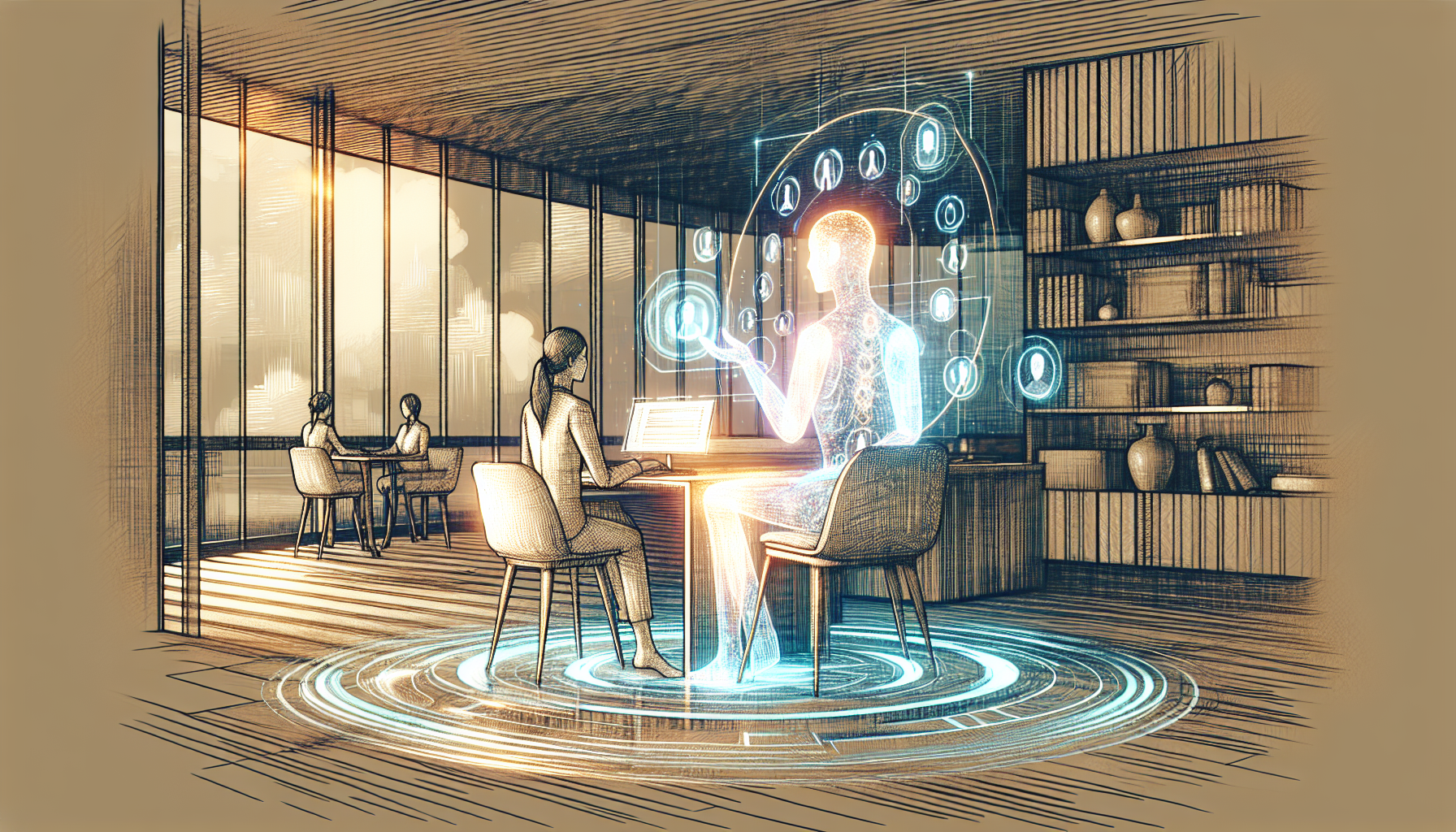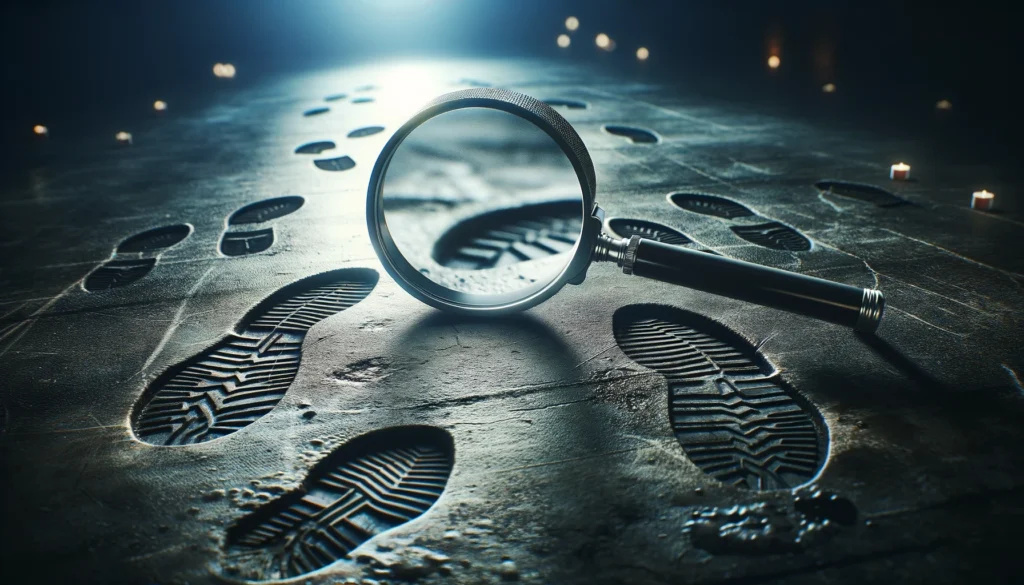
Setting the Stage: A New Era for Paralegals
The legal profession, historically steeped in tradition, is experiencing a transformative shift driven by advancements in technology. The integration of legal tech, particularly AI, is reshaping how legal services are delivered, making processes more efficient and accessible. This evolution is especially significant for paralegals, who shoulder many of the routine yet essential duties within legal firms.
Among AI innovations, ChatGPT stands out as a potential game-changer in criminal defense. With its capacity to process and generate human-like text, ChatGPT can streamline tasks that are typically time-consuming, allowing paralegals to focus on more nuanced and high-impact work. Let’s delve into how this tool can revolutionize various aspects of paralegal work.
Decoding Efficiency: Leveraging ChatGPT for Routine Tasks
Time management is crucial in the high-stakes environment of criminal defense. ChatGPT can significantly enhance efficiency by automating several routine tasks, helping paralegals manage their responsibilities more effectively.
Streamlining Documentation: Using Templates and Automated Drafts
Documentation is a cornerstone of legal work, yet it can be monotonous. ChatGPT can automate this by generating drafts using predefined templates. This reduces the turnaround time for creating documents such as pleadings, motions, and discovery requests.
Example Template Prompt: “Generate a motion to suppress evidence for a DUI case using this template: [insert template].”
Nuanced Prompts for Immediate Output
The AI’s ability to respond to nuanced prompts can expedite information retrieval. Paralegals can use specific commands to obtain immediate assistance, thus saving precious time.
Nuanced Prompt Example: “Summarize the key arguments from People v. Smith regarding suppression of evidence.”
Time-Saving Tips: Scheduling and Task Management
Beyond documentation, ChatGPT can assist in scheduling and task management. By integrating with calendars and task lists, AI can send reminders, prioritize tasks, and even schedule meetings.
Seguing into the next section, the efficiency gains are not limited to routine tasks but extend to more complex research and analysis activities.
Also read:
Discovery and Analysis: Supercharging Research with AI
Legal research is another domain where paralegals spend a considerable amount of time. ChatGPT can enhance this process by offering rapid, in-depth analysis and discovery.
Prompting for Case Law Summaries
ChatGPT can swiftly summarize case law, providing concise yet comprehensive overviews. This not only speeds up the research process but also aids in identifying relevant precedents.
Summarization Prompt Example: “Summarize the ruling and reasoning in Miranda v. Arizona in 150 words.”
Identifying Key Precedents Rapidly
Finding crucial precedents is often a painstaking task. With ChatGPT, paralegals can identify pertinent cases much faster.
Key Precedents Prompt: “List key precedents related to search and seizure under the Fourth Amendment.”
Enhancing Fact-Finding Missions
Fact-finding and evidence gathering are integral to building a robust defense. ChatGPT can assist by summarizing witness statements, extracting relevant facts, and cross-referencing details rapidly.
Next, we explore how ChatGPT can improve communication with clients and the court.
Also read:
Communication Enhancement: Elevating Client and Court Interactions
Effective communication is paramount in legal practice. ChatGPT offers tools to refine and maintain clear, precise interactions, both with clients and in court filings.
Crafting Client Communications Effortlessly
Maintaining consistent communication with clients is essential. ChatGPT can help in drafting updates, explanations, and responses to client inquiries efficiently.
Client Communication Prompt: “Draft an update for a client about the status of their case, explaining the next steps.”
Improving Court Filings and Pleadings
Accuracy in court filings and pleadings is crucial. ChatGPT can assist in drafting these documents, ensuring they are clear, concise, and well-structured.
Court Filing Prompt: “Compose a draft for a motion to dismiss charges, citing lack of evidence.”
Fine-Tuning Correspondence for Accuracy and Clarity
Ensuring correspondence is error-free and accurately conveys the intended message is vital. ChatGPT can review and refine correspondence, enhancing both clarity and professionalism.
Moving forward, we must consider the ethical implications and best practices when integrating AI into legal work.
Also read:
Ethical Considerations and Best Practices
While the benefits of AI in legal work are manifold, ensuring ethical use and adherence to legal standards is critical.
Confidentiality and Data Security Measures
Maintaining client confidentiality and data security is paramount. Legal professionals must ensure that AI tools like ChatGPT comply with stringent security protocols to protect sensitive information.
Balancing Human Judgment and AI Assistance
AI is a tool to assist, not replace, human judgment. Paralegals should leverage AI to augment their expertise while ensuring final decisions and critical assessments are human-driven.
Ensuring Compliance with Legal Standards
It’s essential to ensure that the use of AI tools adheres to existing legal standards and ethical guidelines. Regular audits and updates to AI usage policies can help achieve this.
Finally, let’s consider strategies to future-proof workflows in light of ongoing AI advancements.
Also read:
Future-Proofing Your Workflow: Continuous Improvement Strategies
The legal profession will continue to evolve with AI advancements. Staying updated and adaptable can ensure paralegals remain at the forefront of this transformation.
- Subscribe to legal tech journals and attend relevant webinars to stay informed about the latest advancements.
- Foster a culture of flexibility and innovation within your team to quickly adapt to new tools and practices.
Embracing continuous learning and improvement can catalyze sustained efficiency gains.
Also read:
Conclusion: The Path Forward for Paralegals in Criminal Defense
The intersection of AI and legal services presents unparalleled opportunities for paralegals in criminal defense. By harnessing tools like ChatGPT, paralegals can significantly enhance efficiency, accuracy, and client service.
In this new era, the synergy between human expertise and AI-driven assistance heralds a collaborative future that can navigate the complexities of criminal defense more adeptly and ethically.


